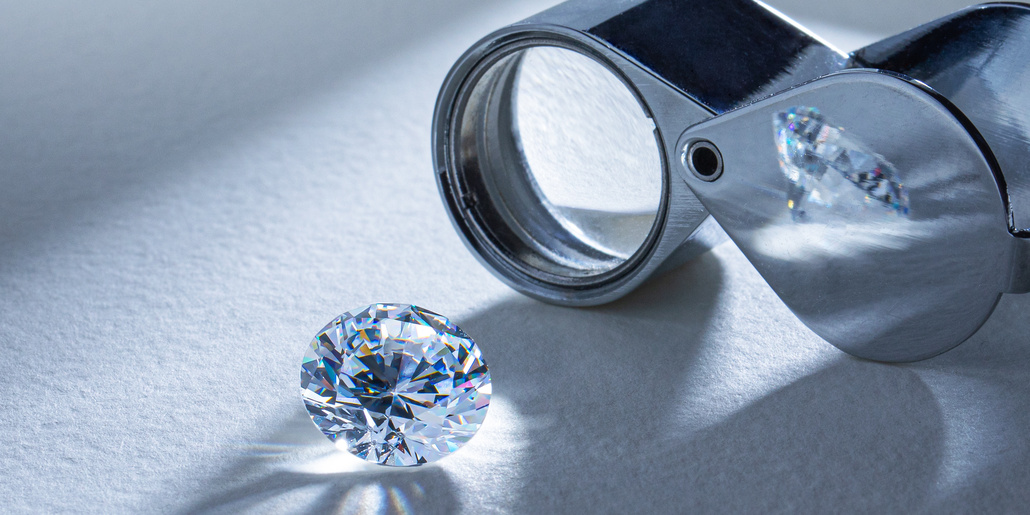Diamond certification guarantees that a product matches its advertised attributes. However, not all certification labs are created equal, and their grading criteria can vary widely. Three of the most recognized diamond certification institutions are GCal, IGI and GIA. If you’re trying to decide which lab to trust, here’s what you need to know about each.
What Is a Diamond Grading Lab?
Before exploring the differences, it helps to understand what a diamond grading lab actually does. These labs evaluate diamonds based on the 4Cs: cut, color, clarity and carat weight. Using standardized processes, they assess each characteristic and issue a grading report (also called a certificate) that reflects the diamond’s quality. These reports provide buyers and sellers with confidence in the stone’s authenticity and value—but only if the lab is consistent and accurate.
Gem Certification & Assurance Lab (GCal)
GCal is known for its high transparency, precision and consumer-focused approach, making it a strong choice for shoppers who value full disclosure, optical performance grading and verifiable results. Though not as widely known or used as GIA or IGI, GCal is respected for its detailed, data-driven reports and consistent grading standards.
It is one of the few labs to offer a “Guaranteed Diamond Grading Certificate,” backed by financial assurances, and its reports often include advanced graphical analyses and light performance evaluations that give buyers a clear visual understanding of their diamond. ISO-accredited and fully transparent, GCal also provides Certificates of Authenticity with security features like tamper-proof tags and photographs. While it may be harder to find GCal diamonds in major retail settings—and more difficult to compare directly with stones graded by other labs—its commitment to integrity and innovation makes it a compelling option worth close consideration.
International Gemological Institute (IGI)
IGI is one of the largest diamond certification labs worldwide, noted for its accessibility and strong presence in both international and retail markets. Its certifications are commonly found in chain jewelry stores and are typically more affordable. However, its grading standards tend to be slightly more lenient than those of GCal or GIA, particularly regarding color and clarity, which can result in inflated grades compared to stricter labs. While generally reliable and respected, shoppers should keep this generosity in mind. Despite this, IGI remains a trusted name—particularly for lab grown diamond grading—and its reports are widely accepted throughout the jewelry sector.
Gemological Institute of America (GIA)
GIA is widely regarded as the gold standard in diamond certification. Founded in 1931, this nonprofit organization established the internationally recognized 4 C’s grading system. Distinguished for its rigorous standards and impartiality, GIA produces some of the most trusted diamond reports in the world. A GIA certification is often preferred by reputable jewelers and discerning buyers who value accuracy and integrity.
With unmatched authority and consistency, GIA is ideal for shoppers who want the most trustworthy and conservative grading. Its reports are known for being transparent, research-driven and especially strict on color and clarity—making them a benchmark for quality. However, that same strictness can sometimes result in lower—but more honest—grades compared to other labs, and turnaround times may be longer than those from faster-paced competitors.
Each of these labs upholds a different standard within the industry, and while opinions may vary on which is the best diamond grading lab, the most important thing is that your diamond comes with a reputable certification. No matter which lab issues it, always read the full grading report—not just the headline stats. Because while the certificate may be paper, your confidence should be rock solid.

